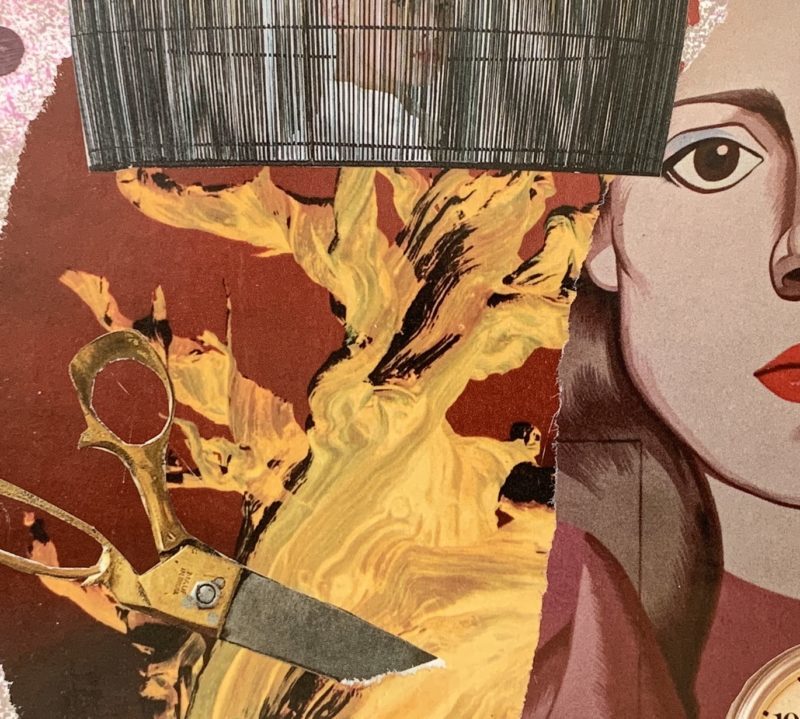A word about words
Adoption words. Let’s have a word here about the adoption words so prevalent in any discussion of adoption.
Birthmother, an adoption word
I’ve been looking at other adoption/birthmother blogs and general adoption sites on the internet. What I’ve found is that there is no consensus among birthmothers about what we want to be called. Some of us think the word “birthmother” is derogatory and implies being used as a breeder. The word birthmother is sometimes a hyphenate, sometimes a compound word. I like the word birthmother in its run-on one word fashion. There’s something headlong about it that describes my personal experience. Which was I can’t believe this is happening, but it is happening and there’s no way I can stop it.
Birthmother seems appropriate for other reasons, too. I gave birth to my son. I’m his mother. The mother who gave birth to him. Even if he has an adoptive mother. The other terms out there include bio-mother or biological mother, first mother, exiled mother. I desire no squabble with any woman who has had a child and relinquished it for adoption. Let her call herself by the name she prefers. And let us not divide ourselves from one another.


